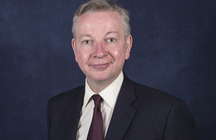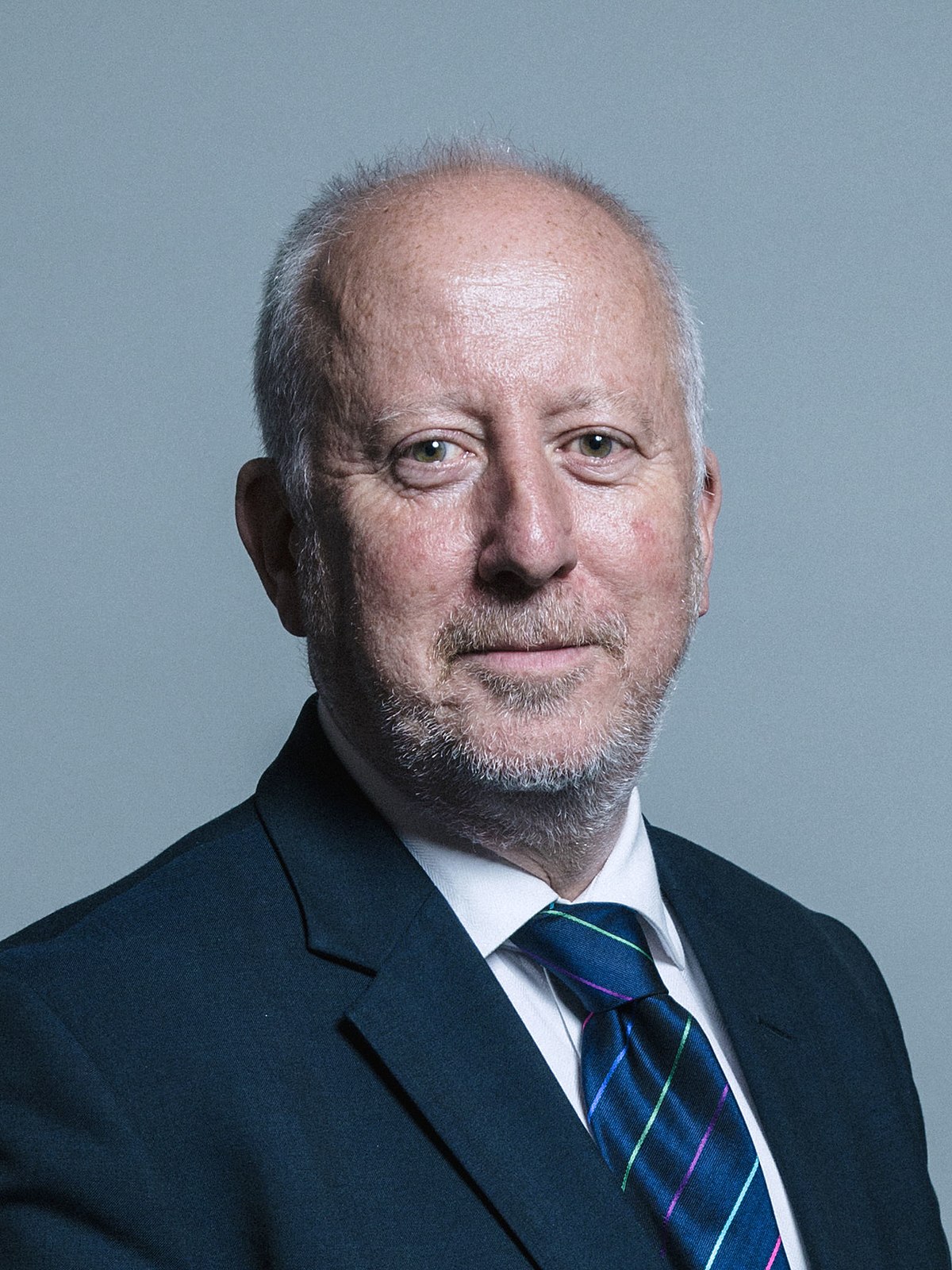Michael Gove – 2020 Statement on the Coronavirus
Below is the text of the statement made by Michael Gove, the Chancellor of the Duchy of Lancaster, on 31 March 2020.
Good afternoon and thank you for joining us for our daily briefing in the fight against COVID-19.
I am joined today by Dr Jenny Harries, the deputy chief medical officer, and Professor Stephen Powis, the Medical Director of NHS England.
I would like first to update you all on the facts about the spread of COVID-19 and the steps that we are then taking in the battle against this virus.
143,186 people have now been tested for the virus.
Of those, 25,150 have tested positive.
And sadly, yesterday we recorded the highest single increase in the number of deaths as a result of COVID-19.
381 people died, meaning that of those hospitalised in the UK, the number who have passed away now totals 1,789.
Every death is the loss of a loved one, and our thoughts and prayers are with those who are grieving.
Overall, 10,767 people in England have been admitted to hospital with COVID-19 symptoms.
The largest number of those is in London, with 3,915 people in hospital care.
While in the Midlands, the number of those hospitalised is now 1,918 and accelerating upwards.
These numbers reinforce the vital importance of following the Government’s social distancing guidelines.
The more we restrict contact, the more we slow the spread of the infection, the more that we can help the NHS build the capacity needed to care for those most in need.
And that capacity is increasing.
More NHS staff are returning to the frontline and more testing is taking place to help those self-isolating come back and to protect those working so hard in our hospitals and in social care.
But while the rate of testing is increasing we must go further, faster.
A critical constraint on the ability to rapidly increase testing capacity is the availability of the chemical reagents which are necessary in the testing.
The Prime Minister and the Health Secretary are working with companies worldwide to ensure that we get the material we need to increase tests of all kinds.
And as well as increasing the number of staff on the frontline, and the tests which protect them, we must also increase the capacity to provide oxygen to those worst affected by the disease.
We have just over 8,000 ventilators deployed in NHS hospitals now. This number has increased since the epidemic began, thanks to the hard work of NHS professionals.
But we need more.
That is why we are buying more ventilators from abroad – including from EU nations.
And it’s also why we are developing new sources of supply at home.
Before the epidemic struck we had very little domestic manufacture of ventilators.
But now, thanks to the dedication of existing medical supply companies and the ingenuity of our manufacturing base, we have existing models being produced in significantly greater numbers and new models coming on stream.
Orders have been placed with consortia led by Ford, Airbus, the Formula 1 Racing teams including Mclaren, GKN Aerospace and Rolls Royce and Dysons.
And I can announce that this weekend, the first of thousands of new ventilator devices will roll off the production line and be delivered to the NHS next week. From there they will be rapidly distributed to the front line.
And as well as increasing the capacity for ventilation – which helps support those patients worst affected – we are also increasing the capacity to provide oxygen to affected patients at an earlier stage in the process of the disease, helping to avert, we hope, the deterioration of their condition.
A team led by UCL, working with Mercedes Benz, will produce 10,000 new CPAP devices to support affected patients and a team from Oxford University are also developing related technology.
And in our determination to prevent as many patients as possible seeing their condition worsen we are conducting rapid clinical trials on those drugs, including anti-malarials, which may be able to reduce the impact of COVID-19 on those affected.
But even as we seek to explore every avenue to slow the spread of the disease, to reduce its impact and to save lives, I am conscious of the sacrifices that so many are making.
That is why the Chancellor’s economic package is in place – to support people through a difficult time.
It is also why we we are working so closely with our colleagues in the devolved administrations to coordinate our response across the United Kingdom and I am grateful to them
As I am to the thousands of dedicated public sector workers – cleaners and social workers, prison and police officers, those in the Royal Mail and in our schools – and I want to thank them and also the leaders of the trade unions who represent them.
In this united national effort we also are delivering food and prescription drugs to up to 1.5 million of the most vulnerable who are self-isolating for three months.
And we will do more to help, working with the three quarters of a million people who have volunteered to help at this time. Many are already heavily involved in local community support schemes.
And we want to work with them to ensure that we support not just the 1.5 million most vulnerable to the disease but all those who need our help through this crisis, those without social support, those in tough economic circumstances, those who need the visible hand of friendship at a challenging time.
That is why my cabinet colleague George Eustice and the Food and Farming Minister Victoria Prentis will be leading work, with food suppliers, retailers, local authorities and voluntary groups to support our neighbours in need.
I also want to thank the men and women of the military who have stepped up their work as part of the ongoing response to coronavirus.
three RAF Puma helicopters are now stationed at Kinloss Barracks in Moray. These Pumasare working closely with a Chinook and a Wildcat helicopter based at RAF Leeming, North Yorkshire, to meet any requests for assistance from NHS boards and trusts across Scotland and Northern England.
A second helicopter facility covers the Midlands and Southern England working out of The Aviation Task Force Headquarters at RAF Benson in Oxfordshire. Chinook and Wildcat helicopters normally based at RAF Odiham and RNAS Yeovilton respectively support the Southern areas.
And these helicopter facilities have been set up to support medical transports across Scotland and the rest of the UK. The task force is also available for general support such as moving equipment and personnel to where they are needed across the UK.
The Kinloss-based support follows last weekend’s use of an RAF A400M transport aircraft, working with the Scottish Ambulance Service, to evacuate a critically ill patient from the Shetland Islands to Aberdeen to receive intensive care treatment.
I am deeply grateful for everyone in the our armed forces and in the public sector who are doing so much to help in the fight against coronavirus
And, of course, all of us can continue to play our part in supporting them and the health service by staying at home, supporting the NHS and saving lives.


